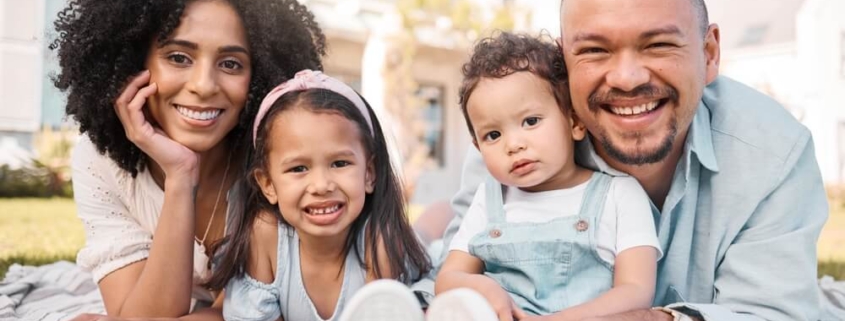Strategies to Help Children Cope with Divorce
Divorce can be a stressful and confusing ordeal, particularly for children. When not handled correctly, bottled up emotions could have lasting results. While not an easy situation for anyone, you want to do everything possible minimize the impact of a divorce on your children. Here are ten strategies to help children deal with separation and divorce.
- Be honest with your children. Children are more perceptive than we think. If you are going through the motions of a divorce with the belief that your children don’t realize something is wrong, you’re mistaken. Sit your children down and be honest with them about what is happening. Let them know that some changes are coming and stress that nothing is their fault.
- Encourage communication. Once you’ve dropped the initial bombshell, you need to continue speaking to your children about the evolving situation. Let them know that they can come to you with questions or concerns anytime. If they aren’t coming to you to talk, it’s probably a good idea that you approach them and ask them how they’re holding up. Do this frequently.
- Avoid badmouthing your ex. You may feel that you need someone to talk to and confide in when you’re going through a divorce. That person should not be one of your children. A child should never be a confidante or the recipient of negative information about their parent. If you’re worried about an “adult issue,” it’s better that you find another adult to listen to your concerns.
- Don’t use children as pawns. When you get a divorce, your children should never be used as leverage to get something you want from your ex nor should they be tools for manipulation. Leave your children out of any conflict between yourself and your ex.
- Remain flexible. Divorce means adjusting to new schedules and new roles. Not everyone is going to be available when they promised, and sometimes urgent matters arise with school or work. For your children’s sake, be as flexible as possible with scheduling so that you can keep the peace.
- Reassure your children. Your children may have certain fears that are completely unfounded, but it’s your job to put those fears to rest. Give them assurances that, just because your marriage is ending, it doesn’t mean that one of you is going to disappear from their lives. Your children’s insecurities can surface quickly and from a variety of sources. They might see something on television or hear a comment at school that negates all of the good feelings from just a few hours before. Remind them often that the split has nothing to do with them and that they are no less loved because of it.
- Routines are important. Experts agree that routines are important for children. If you can avoid pulling your children out of their school and moving them from their neighborhood, this is a great start. Other necessary routines include meal times, bed times, and even study hours each night.
- Ask for help. Taking care of children in a two parent household can be tough, so it’s an even greater challenge to try to handle everything on your own. This is why it is important to ask for help with your children from a variety of sources. If they are struggling, consider having them speak with a child therapist and counselors.
- Show consistency. You are both still the parents to your children and, even though not living under the same roof, it helps children to have consistency. If possible, try to agree on basic household rules so that children don’t have to have an adjustment period from one home to the next.
- Take care of yourself. It’s tough to be 100% present for your children if you don’t feel well yourself. Divorce can take a heavy toll on your self-esteem and even cause other issues if you neglect your health. Take the best care possible of your body and mind so that you can be present and available for your children.
Contact an Experienced Virginia Divorce Attorney for Assistance
Separation and divorce are a challenge even under the most amicable circumstances. When issues arise, you want to deal with them as quickly as possible to minimize their effect on your children. At Olmstead & Olmstead, P.C., our skilled and compassionate Virginia family law attorneys have the experience and compassion necessary to handle all Virginia family law matters and advocate for your best interests. Contact us at (703) 361-1555 or online to schedule a consultation now.





Leave a Reply
Want to join the discussion?Feel free to contribute!